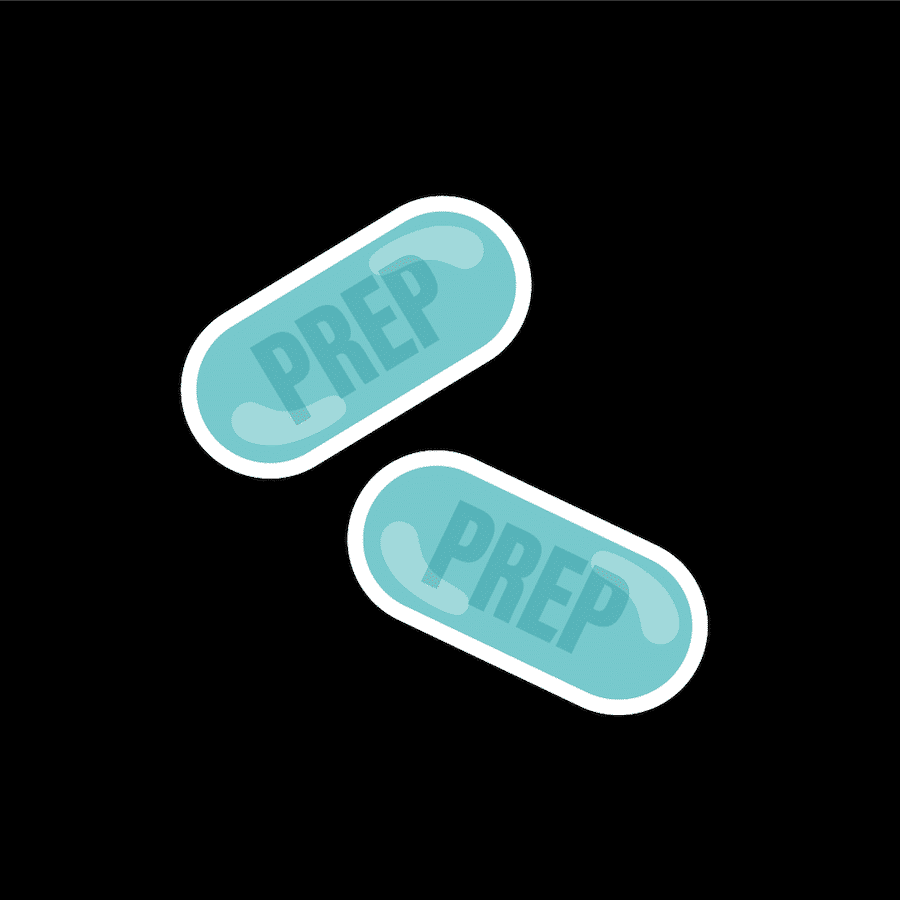56 Dean Street welcomes London Freshers
Many of you will have already accessed sexual health services before starting uni and will feel comfortable with when and how to seek medical help. For those of you who haven’t, this can be sometimes be confusion as we function a little differently to other services within the NHS.
There are a number of reasons you may need to access sexual health services, these include coming in for a ‘check-up’. Consider this the MOT of sexual health. Many sexually transmitted infections (STIs) can have no symptoms so even if you feel fine but you’re sexually active, we advise testing every 3-6 months. The check-up will involve seeing a sexual health doctor or nurse who will ask a few questions to ensure carry out any appropriate tests. In general, the main STIs we test for are chlamydia, gonorrhoea, HIV, syphilis and hepatitis. Chlamydia and gonorrhoea tends to live in the penis, throat, rectum or vagina and therefore a urine test or painless swabs from these areas are used to test. When testing HIV, syphilis and hepatitis we use a blood test.
One thing to consider when testing for STIs is something called window periods. This is the time it takes between catching an infection and building up enough infection for the test to detect it. This can be a bit confusing but is important to get you head around so you don’t test too early after a sexual risk.
Window periods of common STIs are:
| STI |
Window Period |
| Chlamydia |
2 weeks |
| Gonorrhoea |
2 weeks |
| HIV |
6 weeks |
| Syphilis |
Around 6 weeks but can be up to 3 months |
So when you are getting a check-up, think about the above dates as having sex within a widow period can sometimes mean we miss certain infections and instead may ask you to return another week so the test will be more reliable.
Yet another reason you may want to come and see us is if you are informed you have come into contact with an infection. Because of the window periods we have just discussed we may sometimes treat you for the infection you have come into contact with regardless of if the result is back or is negative. If you do come into contact with an infection, just give us a call and we can advise on the best course of action.
Common STIs
So the most obvious reason for coming in to see us is if you have symptoms that are concerning you.
Common symptoms of STIs include:
- Pain when you pass urine
- Discharge from your penis, anus or vagina – this is basically anything coming out of these places that shouldn’t be
- Pain in your genitals or anus
- Spots, lump, sores or rashes on your genitals or body
- Bleeding from your anal area
- Persistent diarrhoea that occurred after sex
If you have any of the above come and see us as soon as possible and don’t have sex until we know what is going on.
Chlamydia, Gonorrhoea and Mycoplasma Genitalium
All these infections can behave in a similar way. They may cause pain when you pass urine, discharge or pain in your genitals. Depending on which one you have will depend on the treatment. We may give you some tablets or you may require an antibiotic injection. After you have been treated there will be a period of time when you should not have sex as the infection can take a few days to clear completely however this will be discussed at your appointment.
Syphilis
People often know this form the history books however it is a very common STI, particularly in men who have sex with men however we are seeing a rise in cases in the heterosexual community. Syphilis has been called as the ‘great pretender’ as it can have some strange symptoms or have no symptoms at all. In the early stages it can cause an ulcer or sore on the genitals and later result in a rash that covers the body. If you have either of these come in and see us however we will also test for this when you have a general STI check-up. Syphilis is usually treated with an injection of penicillin however there are alternative treatment if you have allergies.
Herpes
Herpes is caused by the Herpes Simplex virus. This is the same virus that causes cold sores. Similar to the sores that you can get on your mouth, genital herpes causes painful sores on the genitals, anal area and sometimes can cause pain inside your bum. A diagnosis of herpes can cause a lot of anxiety however it is a very manageable condition and although people can get further outbreaks of the sores, often these become less frequent as time goes on. Herpes is treated with tablets which are taken when you have symptoms with the aim of shortening the length of your outbreak.
Genital Warts
Genital warts are caused by the Human Papilloma Virus (HPV). There are over 100 different strains of this virus, some cause symptoms, and others do not. The warts look like fleshy lumps which usually have a cracked appearance on their surface. They do not tend to be painful. There are a number of ways we treat warts however we would usually start with using a cream or ointment and may move onto freezing the warts (cryotherapy) if the creams do not work. Much like herpes, a diagnosis of genital warts can be very upsetting however they are usually very easily treated.
Shigella
Shigella is caused by bacteria that is passed on through infected faeces. Only a small amount is needed to cause illness therefore any sex involving anal play can pass on the infection. The main symptoms are persistent diarrhoea and abdominal pain. It is diagnosed by sending off a sample of your poo to the lab to be tested and the treatment we give will depend on the results we get back but is usually a course of antibiotics.
PrEP and PEP
PrEP
PrEP stands for pre-exposure prophylaxis and is a medication that is taken to prevent you catching HIV. It is a single pill which contains two medications which have been used for years to treat HIV. You can either take PrEP every day, known as daily dosing, or just around the time of having sex, known as intermittent or event based dosing. This will depend on how much sex you’re having, how spontaneous the sex you have is (as event based dosing needs at least two hours notice) and if you would like to take PrEP every day. Lots of men who have sex with men in London take PrEP however it is important to not assume if someone is taking PrEP they are HIV negative. Don‘t put your health in other people’s hands, if you are taking PrEP correctly you know you are protecting yourself. If you think PrEP is for you contact either 56 Dean Street or your local sexual health clinic for more information or take our interactive questionnaire to find out if we recommend you start PrEP: PrEP – 56 Dean Street or take a look at our video on how to reduce your HIV risk: Reduce your risk of HIV – YouTube
PEP
PEP stands for post-exposure prophylaxis and is a course of medication taken after there has been a potential exposure to HIV and PrEP was not being used. PEP must be started within 72 hours of the risk. It involves taking 2 tablets (one taken once a day and another taken twice a day) for 28 days. There are lots of stories that PEP causes severe side effects however this is very rare since we began using a new combination of medication. If you have sex with a person who’s HIV status is unknown, this would count as a HIV risk. If you think there may be a risk please contact us or your local sexual health service as soon as possible. Out of hours (nights and weekends) you can access PEP from any A+E department. If you’re worried about a recent risk, click on the link to see if we recommend you take PEP: Pep – 56 Dean Street
Vaccines
Now we are all sick and tired of hearing about vaccines lately however there are some important jabs that we offer from sexual health services…
Hepatitis B
Hepatitis B is a virus which can be passed on through sex and causes inflammation of the liver and potential long term complications. The vaccine course involves four jabs given at various time points but is usually complete within 6 months to a year.
HPV
Human Papilloma Virus (HPV) causes genital warts however certain strains are strongly associated with certain cancers. There are a few different HPV vaccines however the most commonly used one vaccinates against nine important strains of the HPV (GARDASIL 9). The course is between 1,2 or 3 Jabs depending on Age and HIV Status.
Health Advisors
Sexual health services are not only here to diagnose and treat STIs but we can also help with other aspects of your sex life. This can include coming to terms with your sexuality, difficulty having the sex you would want, HIV anxiety and erectile dysfunction. Most sexual health clinics will have a team of health advisors who are trained to discuss these issues and help you through them.
Sexual health clinics are also a place you can come if you have been a victim of sexual assault or violence. Consent is an important aspect of our sex lives and any sexual activity which happens outside of the boundaries of what we consent to should be discussed. If you have had a sexual experience that you were not happy with please contact us, we can help.

